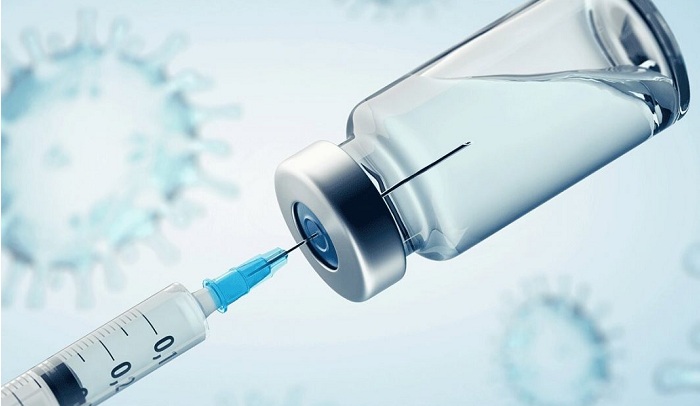The US Food and Drug Administration recently announced that the Johnson & Johnson/Janssen COVID-19 vaccine’s urgent use permit will be restricted to people 18 or older for whom other vaccines are really not suitable or available, as well as those who choose Johnson & Johnson because they might not otherwise get inoculated.
The FDA highlighted in a statement that the change was made due to the risk of thrombosis with thrombocytopenia syndrome (TTS), a rare and hazardous clotting disorder that can occur after getting the vaccination.
Dr. Peter Marks, director of the FDA’s Center for Biologics Evaluation and Research, said in a statement that they have been closely monitoring the Janssen COVID-19 Vaccine and the onset of TTS after its administration and used the latest information from their safety surveillance systems to reassess the EUA. They acknowledge that the Janssen COVID-19 Vaccine continues to play an important role in the ongoing pandemic fight in the United States and around the world. The latest decision underscores the dependability of the safety surveillance systems and their dedication to making decisions based on scientific data.
The amended permission also extends to booster doses, according to the FDA.
For certain patients, the FDA has judged that the advantages of the Johnson & Johnson vaccine exceed the dangers. The following people may still receive the vaccine-
- People who have experienced a severe adverse reaction to an mRNA vaccine from Pfizer/BioNTech or Moderna
- Those who would stay unvaccinated without the Johnson & Johnson vaccination due to personal reservations about mRNA vaccines
- People who don’t have accessibility to mRNA COVID-19 vaccinations
According to the US Centers for Disease Control and Prevention, more than 18.7 million doses of the Johnson & Johnson vaccine had been provided in the US as of May 5th. 7.7% of those who are deemed completely inoculated received this vaccination. The CDC’s vaccine advisory committee updated its recommendation on Johnson & Johnson’s vaccine after a meeting in December, stating it makes a preferable suggestion for the use of mRNA COVID-19 vaccines well over Janssen adenoviral-vectored COVID-19 vaccine in all individuals aged 18 years or older in the United States.
The committee had the same reservations about TTS.
The CDC and the FDA had previously advised against using this vaccination due to TTS incidents. The suspension was lifted, but with a warning regarding the unusual clotting instances.
Johnson & Johnson said at the time in a statement that their top goal is the protection and well-being of those who use their products. A very rare illness involving blood clots and low platelets has been reported in a tiny percentage of people who have gotten their COVID-19 vaccination. They have been collaborating closely with medical specialists and health officials, and they strongly believe that this knowledge should be made available to healthcare professionals and the public.
The FDA claims that 15% of TTS episodes are deadly in a revised fact sheet on the vaccination.
Cases reported to the Vaccination Adverse Events Reporting System (VAERS) network until March 18 are included in the agency’s latest review of the vaccine. The FDA reports that 60 cases of TTS have been verified, including nine deaths.
TTS is exceedingly uncommon, with just about three occurrences per million vaccination doses delivered. TTS has been found to be most common in women aged 30 to 49. Women in this age group have had about eight cases per million vaccination doses delivered.
TTS symptoms typically emerge one or two weeks post vaccination. Difficulty breathing, chest pain, swelling of legs, chronic abdomen pain, neurological symptoms such as headaches or confused vision, or red spots just deep within the skin called petechiae outside the immunisation site are all possible occurences.
The Janssen COVID-19 vaccine can induce thrombosis with thrombocytopenia syndrome (TTS), which can be life-threatening, according to a new warning on the vaccine’s fact sheet.



















